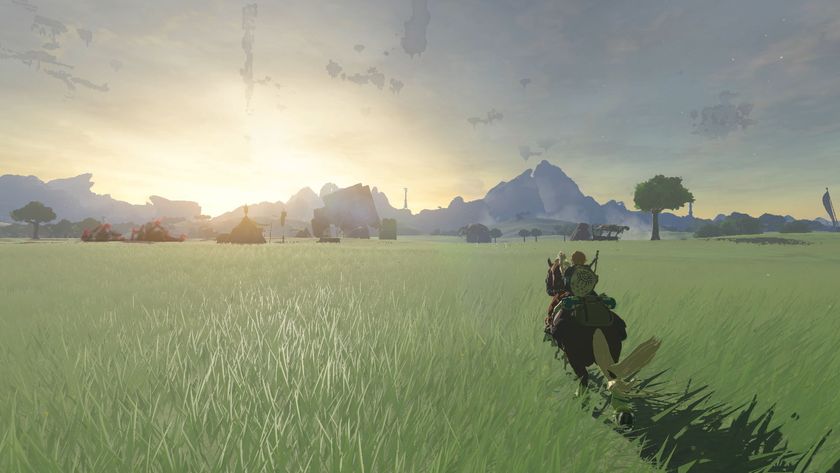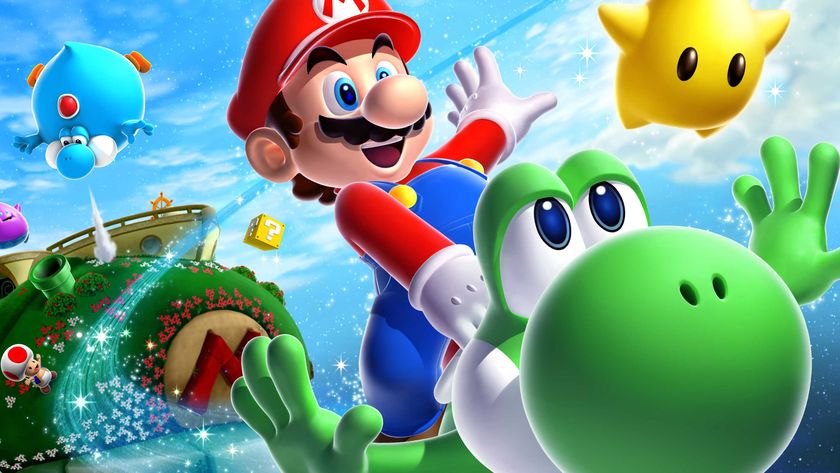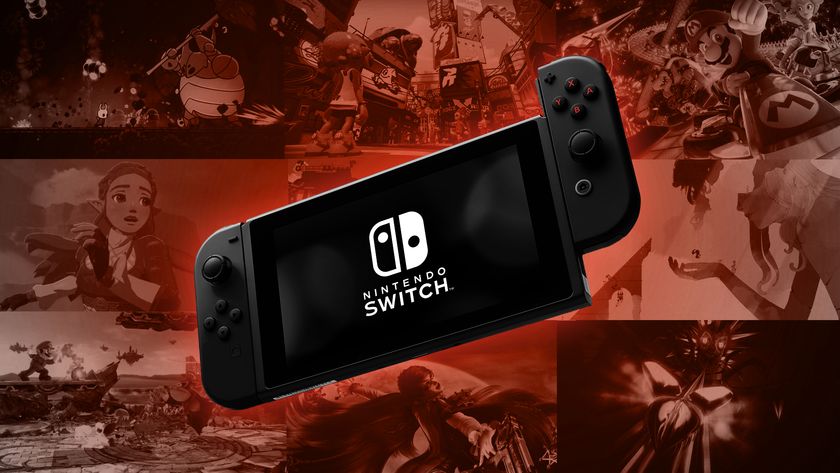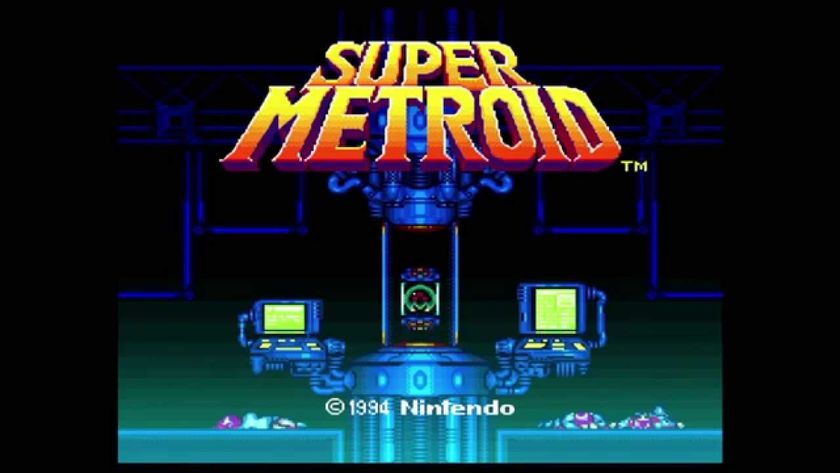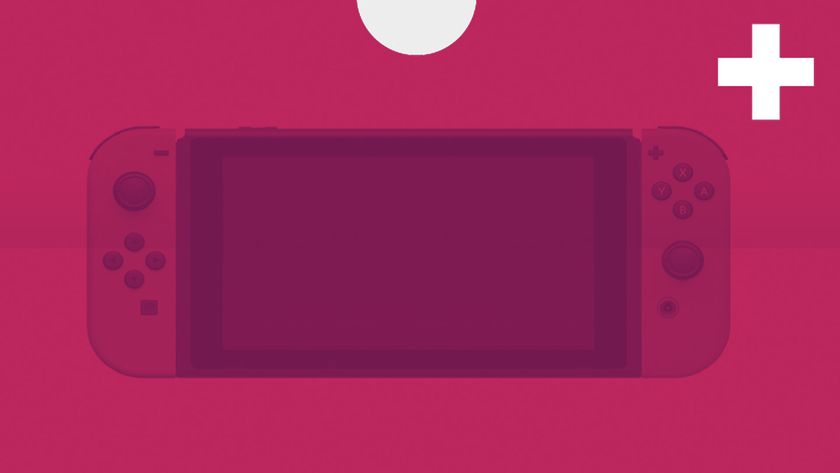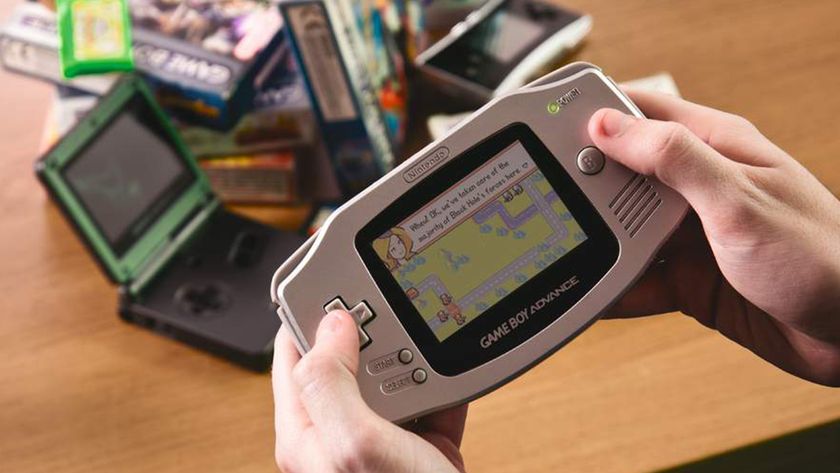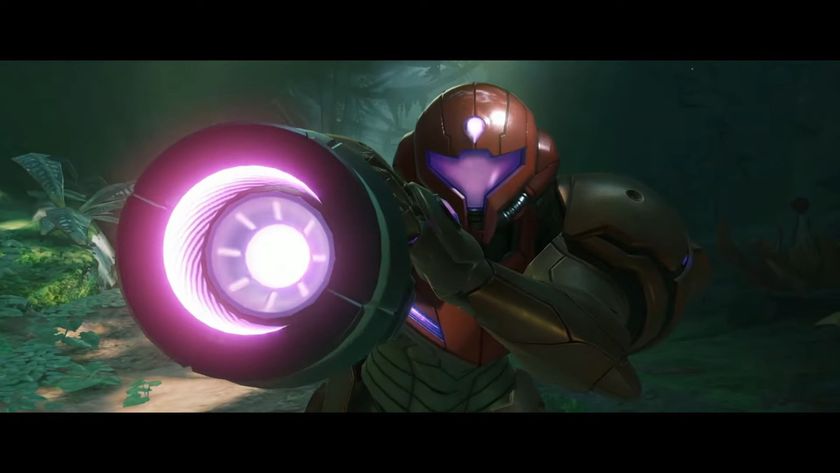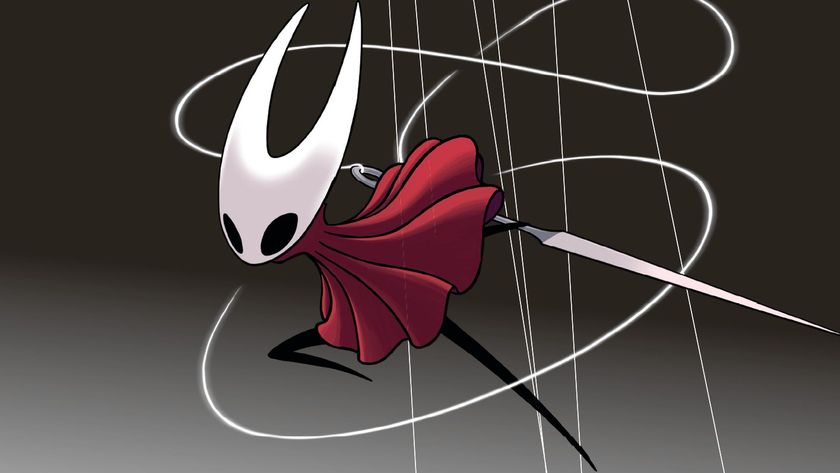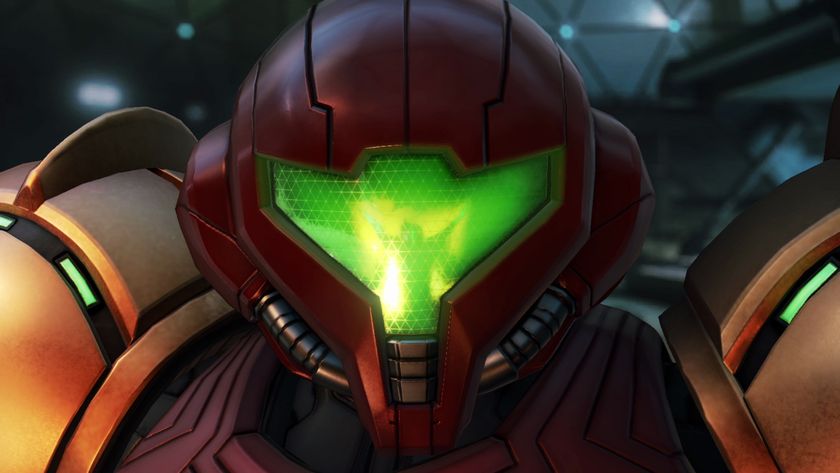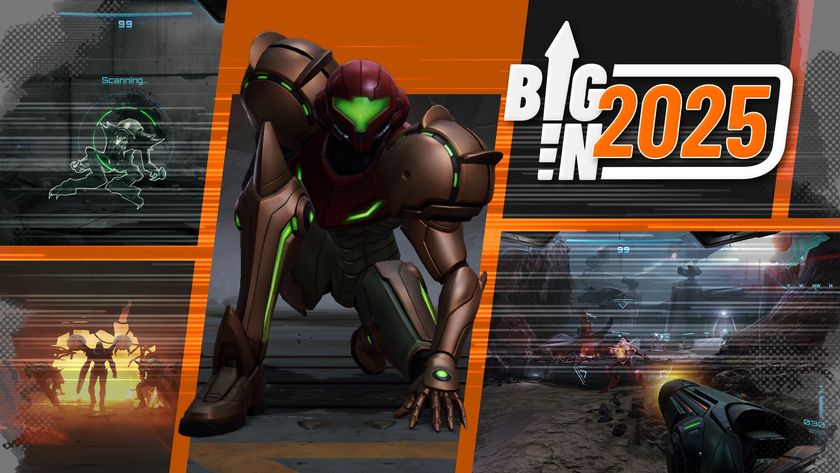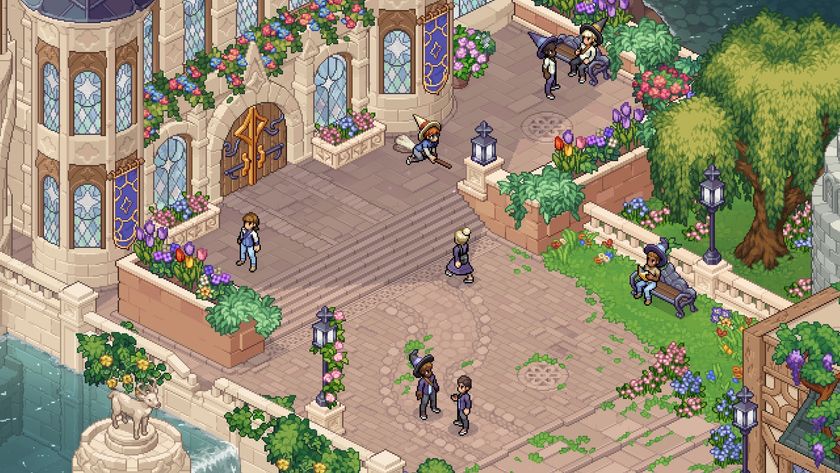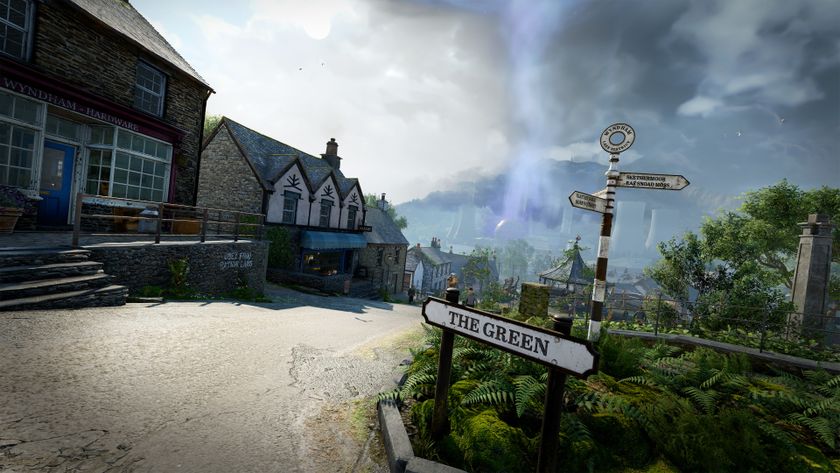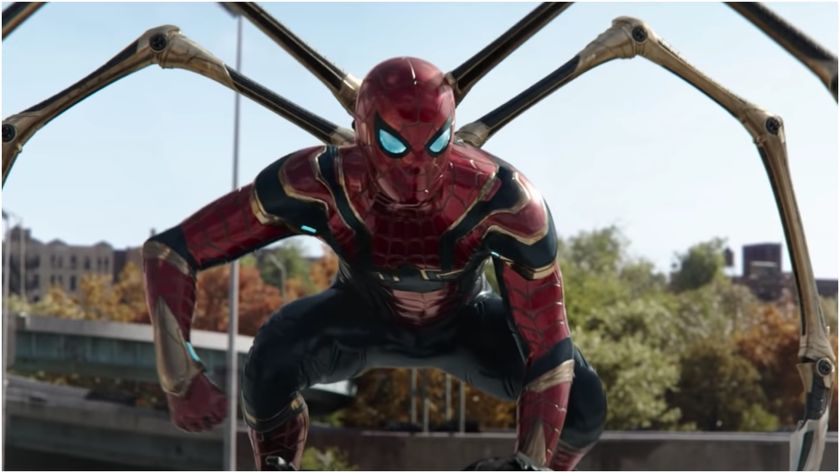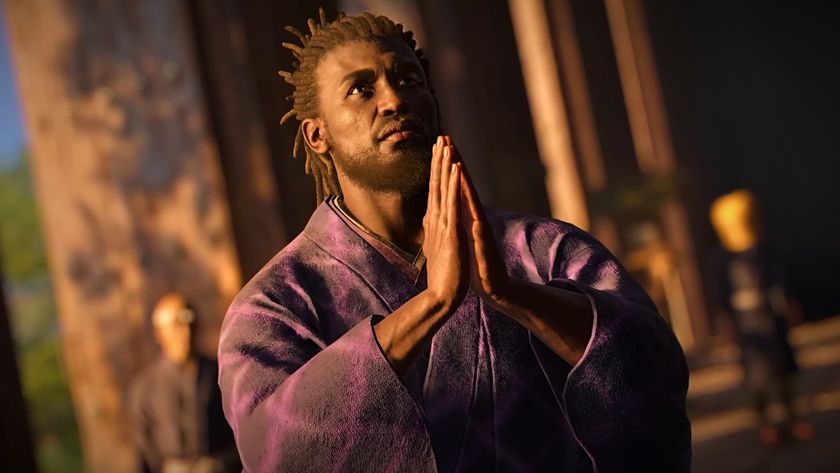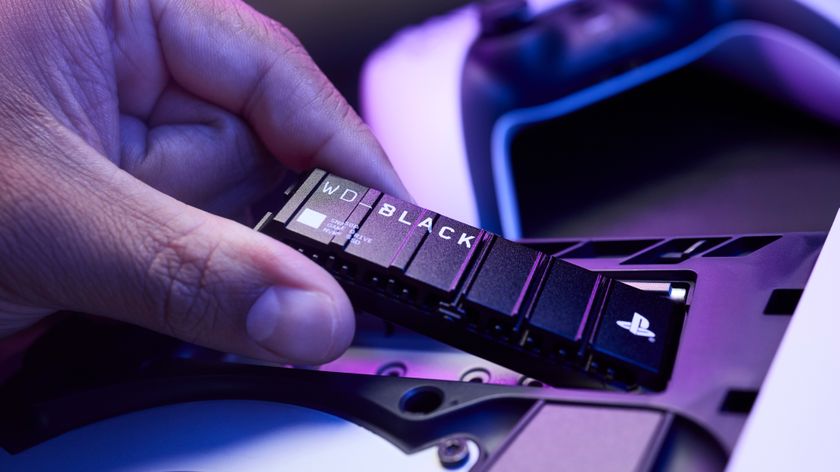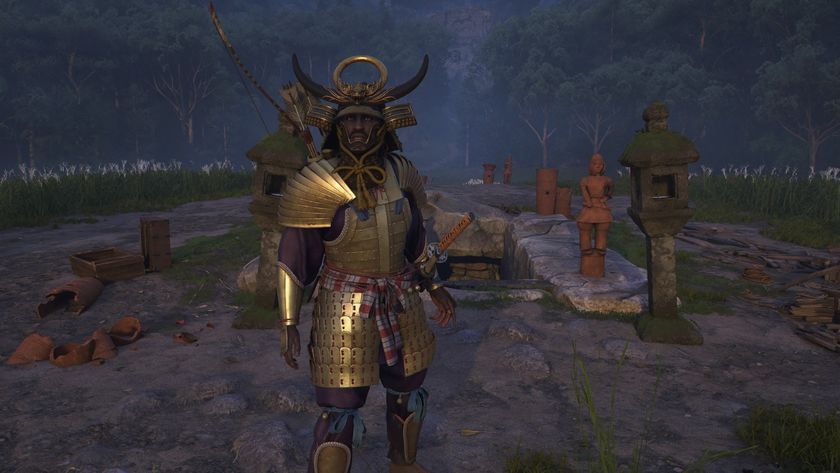The 10 best Metroid games of all-time
Ranking Samus Aran's greatest adventure, from Metroid to Metroid Dread
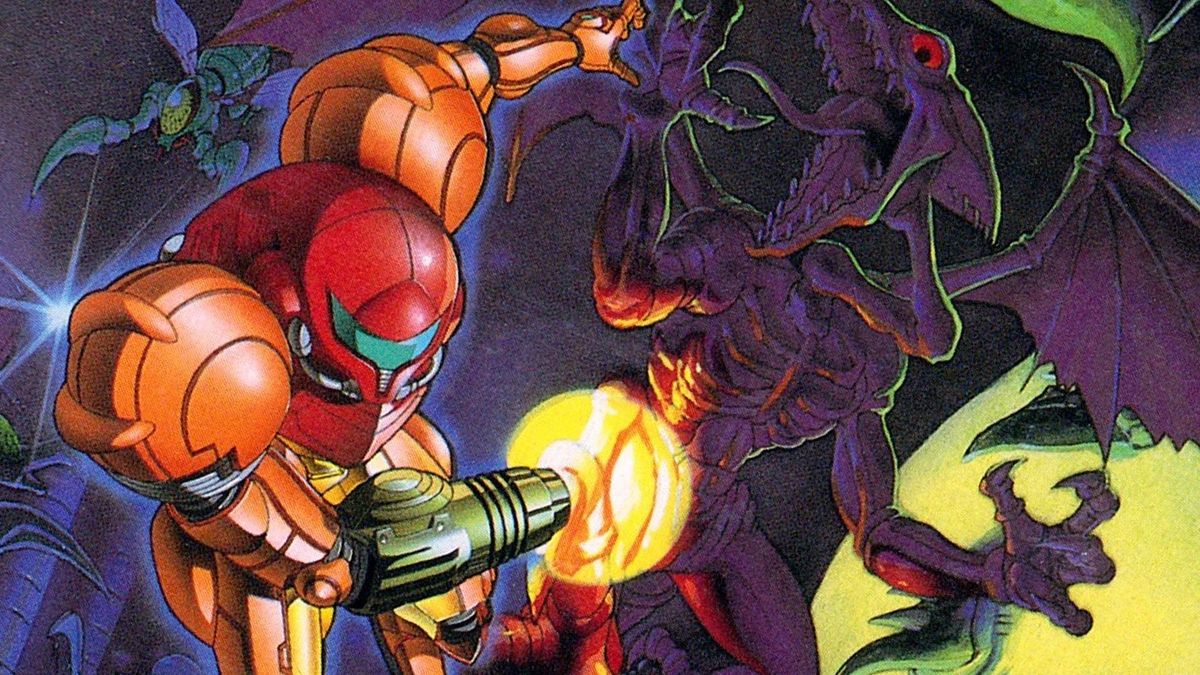
The best Metroid games highlight the most noteworthy and memorable adventures with bounty hunter Samus Aran. The series has seen a focus on solitary affairs in hostile alien worlds across Nintendo's expansive legacy of consoles. From Samus' first appearance on the Famicom System, to her latest venture on the Switch, the Metroid series delivered many strong offers, with some counted among the best SNES games, the best GameCube games, the best GBA games, and the best Wii games of all time.
With the series running for over 35 years, there are plenty of titles to dive into. For our pick of the best Metroid games, we've looked back at both the 2D and 3D adventures - from those developed internally at Nintendo, to ones that were brought to us by the likes of Retro Studios and MecurySteam. Each one offers a harmonious balance between subtle environmental storytelling, complex world design, and tight combat mechanics.
So without further ado, read on below to find our selection of the best Metroid games.
10. Metroid
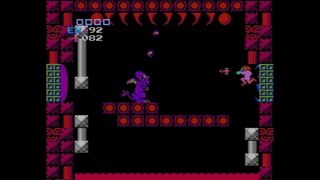
Platform: Famicom Disk System
Release year: 1986
Metroid is one of the most important video games of the past 35 years. Of course, it's a little difficult to play Samus Aran's debut adventure now, but that doesn't make it any less impressive or influential. The building blocks for the series' enduring success (not to mention the Metroidvania sub-genre) are all present and accounted for. With its sprawling open-ended world, opaque critical pathways gating progression, and the constant need to evolve your powerset to both survive increasing combat challenges and to continue traversing planet SR388, Metroid became a landmark release that will never be forgotten.
9. Metroid 2: Return of Samus
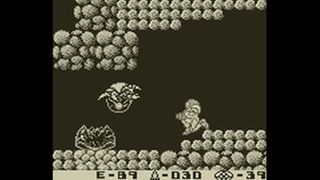
Platform: Game Boy
Release year: 1992
When it came time for Nintendo to continue Samus Aran's adventure, it did something nobody expected: shifting development of Metroid's first sequel to Game Boy, taking us on a more intimate exploration of SR388 and the Metroids that called the planet home. While the limitations of the handheld platform did lead to issues with the readability of the world, the thoughtfully structured design loop – which has Samus tracking every remaining Metroid on the planet one after the other – helped enshrine Metroid 2: Return of Samus as an under-appreciated classic, with a plot twist that has reverberated through the entire 2D Metroid saga.
Sign up to the 12DOVE Newsletter
Weekly digests, tales from the communities you love, and more
8. Metroid Prime 3: Corruption
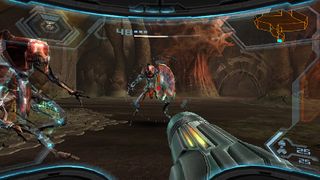
Platform: Wii
Release year: 2007
The question of what's better, between Corruption and Echoes, will likely be argued until Samus Aran hangs up her Arm Cannon and calls it a day on hunting bounties. Metroid Prime 3 required the use of Wii motion controls for aiming, something I remain split on to this day. But there is a good time to be had with Corruption, as developer Retro Studios changed up the established structure of the Prime games and pushed Metroid in a more overtly action-oriented direction as it sought to close out the trilogy. Corruption looks beautiful and moves breathlessly between set-pieces, so long as you can get a handle on the idiosyncrasies of the Wii Remote.
7. Metroid: Samus Returns
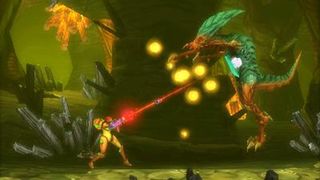
Platform: 3DS
Release year: 2017
Of all the Metroid games that were in the most need of a generous remaster, it was Return of Samus. In the 25 years that had passed, the series had moved on significantly from the Game Boy outing, leaving Metroid 2 as something of an outlier. Developer MercurySteam, fresh off of working on the Castlevania series, was tasked with modernizing Samus' return adventure for 3DS. Metroid: Samus Returns isn't a remake, but rather a reimagining. The structure is similar and it hits the key story beats, all while imbuing play with a suite of divisive modern features such as a Melee Counter, Aeion abilities, and free-aim support that would ultimately make their way into Metroid Dread.
6. Metroid Prime 2: Echoes
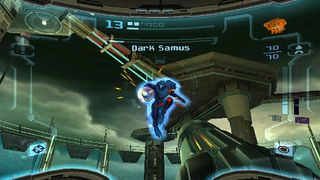
Platform: GameCube
Release year: 2004
Metroid Prime 2: Echoes had its problems but, then again, whatever game had to follow Metroid Prime was always going to be locked in a battle against unrealistic expectations. Echoes took the foundational design Retro Studios outlined with Metroid Prime and built upon it with haunting environments, challenging combat, an experimental light and dark mechanic, and an expanded suite of abilities. Metroid Prime 2: Echoes has a, shall we say, tedious late-game, but it isn't enough to diminish what is an otherwise spectacular sequel that did the impossible job of following one of the best GameCube games of all time.
5. Metroid Dread
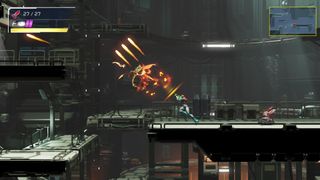
Platform: Switch
Release year: 2021
A continuation of where Samus Aran's story left off 17 years prior, Metroid Dread could have gone either way for co-developers Nintendo and MercurySteam. What we have here is a long-overdue sequel that manages to not only capture the feel of the earliest Metroid adventures, but build upon it with the new combat and traversal mechanics introduced in Samus Returns. Metroid Dread isn't without its problems – controls are cramped on the Switch and the bosses are a tedious nightmare. But when Dread settles into its rhythm, it offers an isolating, driven, and atmospheric adventure that conjures fond memories of both Metroids Fusion and Super.
4. Metroid Fusion
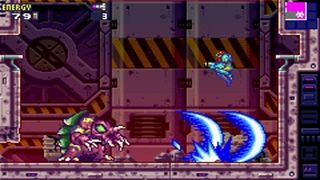
Platform: Game Boy Advance
Release year: 2002
Metroid Fusion is as divisive as it is brilliant. Arriving the day after Metroid Prime launched on GameCube, Samus' first 3D mission that sought to push the iconic series into more adventurous territory, Metroid Fusion was a refinement of the style the 2D games were rooted in. This Game Boy Advance classic was more linear than those that came before it, introducing a guided structure to help emphasize the perilousness of Samus' situation – as she's hunted mercilessly by SA-X, a clone of the fully-powered bounty hunter. What Metroid Fusion lacks in free-form exploration, it makes up for with streamlined controls, a killer story, and some of the best audio and visuals the series has seen to date.
3. Metroid: Zero Mission
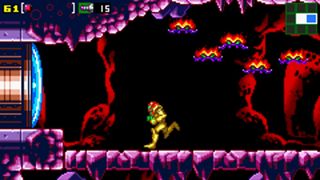
Platform: Game Boy Advance
Release year: 2004
This is obviously up for debate, but there's an argument to be made that Metroid: Zero Mission is the finest remake Nintendo has ever commissioned. It's a retread of the original Metroid, bringing the improved controls and tighter pacing introduced to Metroid Fusion into a gorgeous expansion of the labyrinthian, atmospheric spaces introduced back in 1986. A new environment, fresh mini-bosses, and a few memorable set-pieces helped enshrine Zero Mission as a classic that could appeal to players both old and new. All these years later, Metroid: Zero Mission is still one the tightest and smartest games in the series.
2. Metroid Prime
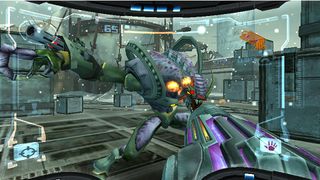
Platform: GameCube
Release year: 2002
Even after Nintendo demonstrated that it had an aptitude for guiding its biggest characters into the third dimension, few believed Samus Aran would find her way as easily as Mario and Link had done in the N64 era. And then Metroid Prime landed, proving that the first-person perspective was good for more than traditional shooters. Developer Retro Studios did a truly wondrous job here, transferring the ethos of Super Metroid into a beautiful, intricately structured 3D world that was an utter delight to get lost in. Metroid Prime respected the legacy of what came before it and innovated upon those foundations without fear or hesitation.
1. Super Metroid
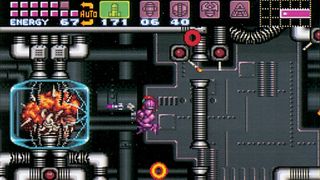
Platform: SNES
Release year: 1994
"Masterpiece." "Timeless." "One of the greatest video games of all time." These are just some of the things that you could – and should – say about Super Metroid. A true classic of the 16-bit era, Super Metroid is a solitary and isolating adventure that finds success in leaving Samus alone to explore a sprawling, suffocating, and hostile alien world. That Super Metroid is able to accomplish so much, and tell such a resonant story, without a single spoken word is as impressive today as it was in 1994, as too is its tempered approach to progression and pacing. Getting lost on planet Zebes wasn't a problem in Super Metroid, it was the entire point. The lasting impression it made cannot be understated, earning it a place among our pick of the best games of all time.
For more great games to play right now, check out the best upcoming Switch games and best switch games of all time.

Josh West is the Editor-in-Chief of 12DOVE. He has over 15 years experience in online and print journalism, and holds a BA (Hons) in Journalism and Feature Writing. Prior to starting his current position, Josh has served as GR+'s Features Editor and Deputy Editor of games™ magazine, and has freelanced for numerous publications including 3D Artist, Edge magazine, iCreate, Metal Hammer, Play, Retro Gamer, and SFX. Additionally, he has appeared on the BBC and ITV to provide expert comment, written for Scholastic books, edited a book for Hachette, and worked as the Assistant Producer of the Future Games Show. In his spare time, Josh likes to play bass guitar and video games. Years ago, he was in a few movies and TV shows that you've definitely seen but will never be able to spot him in.
- Heather WaldSenior staff writer
